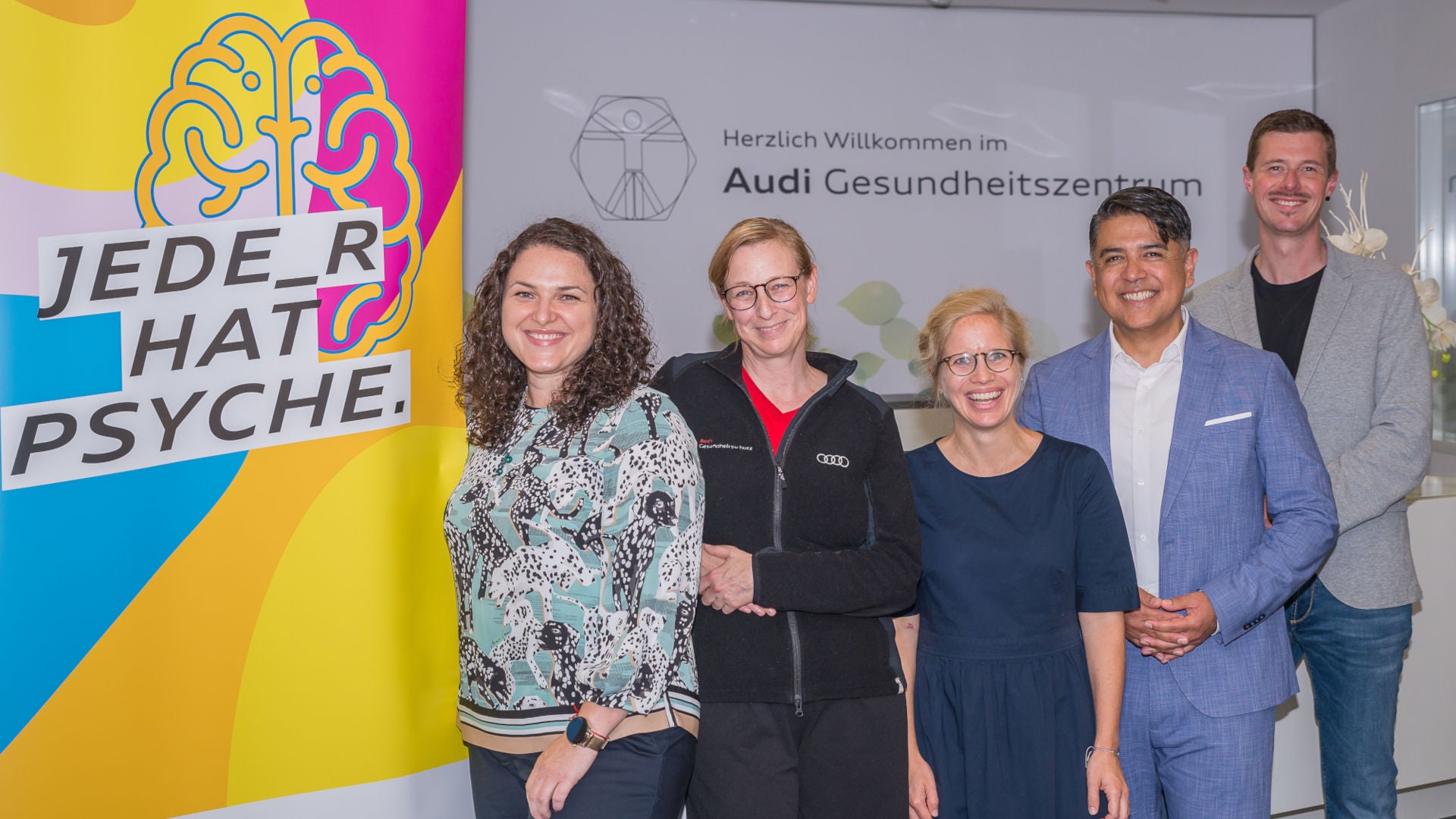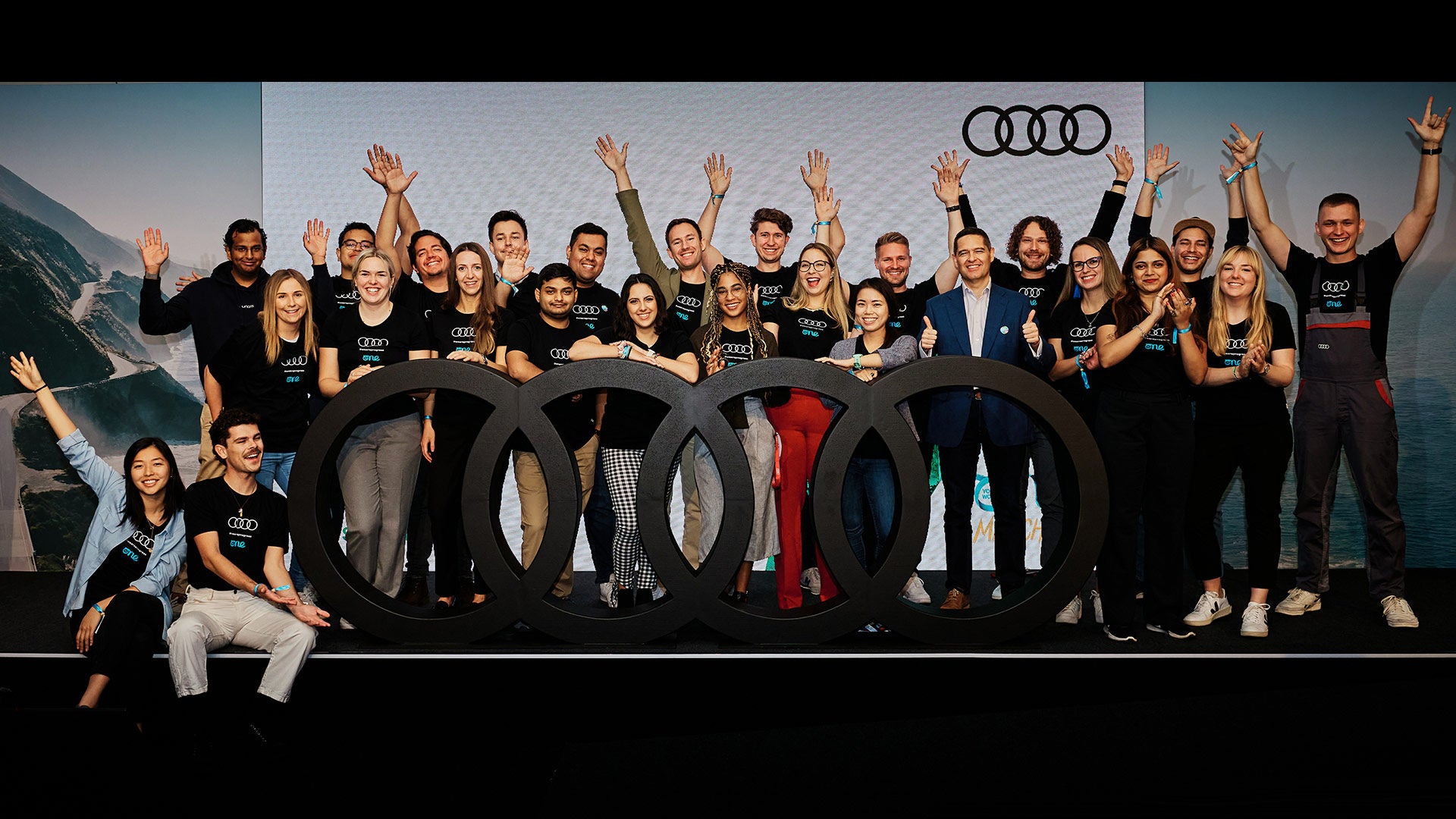
Driven by tech. Driven by people.
Progress is more than just a matter of technology. It begins in the mind – driven by people who are passionate about what they do, who think ahead, and who don’t let setbacks steer them off course. These people define who we are, and these are the people we need. Progress. Driven by you.
Find the right job at Audi.
Find your way to Audi
Learn more about the Audi benefits
Every individual and employee is different, and so are their lifestyles and preferences. Wherever you live, we want you to feel at home with us.





